To provide the best experiences, we use technologies like cookies to store and/or access device information. Consenting to these technologies will allow us to process data such as browsing behaviour or unique IDs on this site. Not consenting or withdrawing consent, may adversely affect certain features and functions.
The technical storage or access is strictly necessary for the legitimate purpose of enabling the use of a specific service explicitly requested by the subscriber or user, or for the sole purpose of carrying out the transmission of a communication over an electronic communications network.
The technical storage or access is necessary for the legitimate purpose of storing preferences that are not requested by the subscriber or user.
The technical storage or access that is used exclusively for statistical purposes.
The technical storage or access that is used exclusively for anonymous statistical purposes. Without a subpoena, voluntary compliance on the part of your Internet Service Provider, or additional records from a third party, information stored or retrieved for this purpose alone cannot usually be used to identify you.
The technical storage or access is required to create user profiles to send advertising, or to track the user on a website or across several websites for similar marketing purposes.
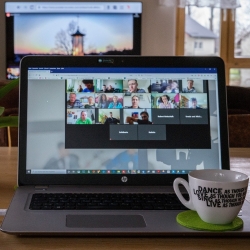 A new global study by Barco ClickShare claims that employees worldwide are desperate to get back to the office and are looking for their employers to invest in a technology-driven hybrid working environment post-COVID-19. The study, which surveyed 1,750 employees around the world through global research panel provider Dynata – claims that only 15 percent of employees want to continue to work from home full-time after COVID-19 restrictions are lifted. More →
A new global study by Barco ClickShare claims that employees worldwide are desperate to get back to the office and are looking for their employers to invest in a technology-driven hybrid working environment post-COVID-19. The study, which surveyed 1,750 employees around the world through global research panel provider Dynata – claims that only 15 percent of employees want to continue to work from home full-time after COVID-19 restrictions are lifted. More →



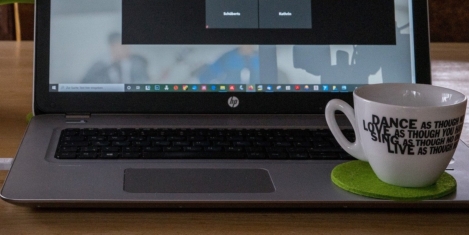

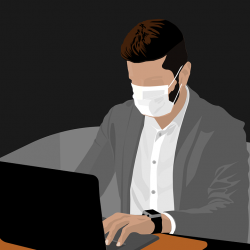 With current government advice encouraging all those who can work from home to do so, it’s no surprise that Britain’s businesses and employees are navigating a new normal. New research from
With current government advice encouraging all those who can work from home to do so, it’s no surprise that Britain’s businesses and employees are navigating a new normal. New research from 
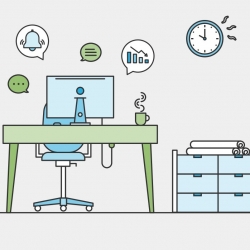

 A new model of competitiveness devised by academics at
A new model of competitiveness devised by academics at 

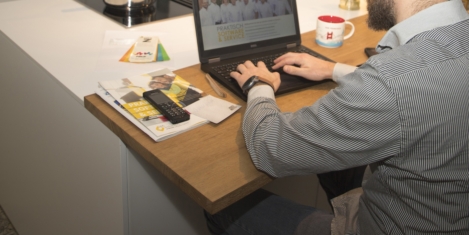
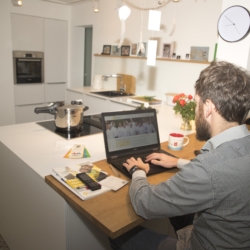 To mark the start of National Work Life Week, work-life balance charity
To mark the start of National Work Life Week, work-life balance charity 
 A new study by independent job board,
A new study by independent job board, 






 2020 has been the most stressful year in history for the global workforce and people want robots to help, according to a new study by
2020 has been the most stressful year in history for the global workforce and people want robots to help, according to a new study by 









October 14, 2020
The world may be going mad, but we don`t have to
by Mark Eltringham • Comment, Working culture